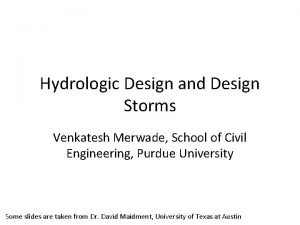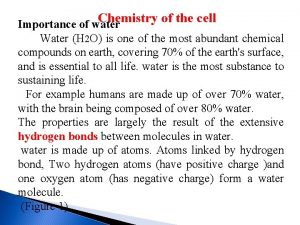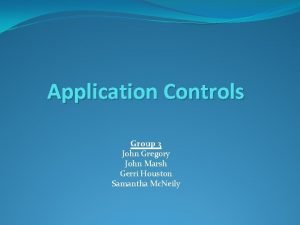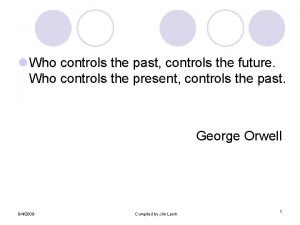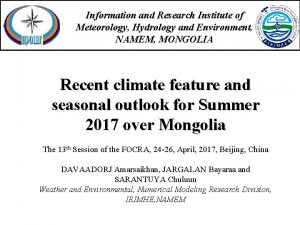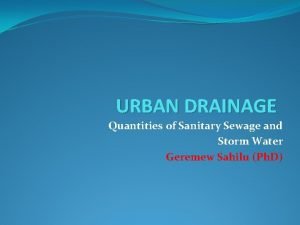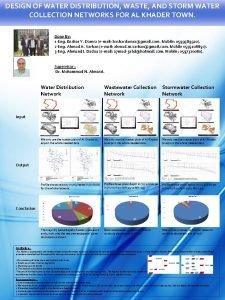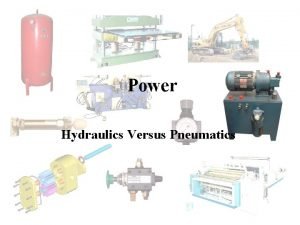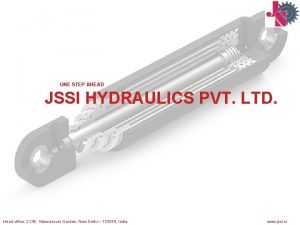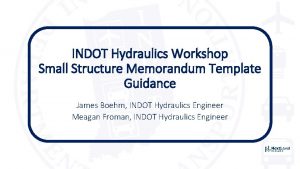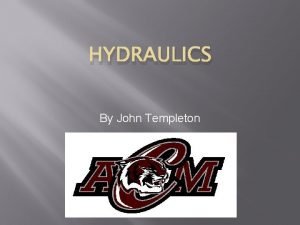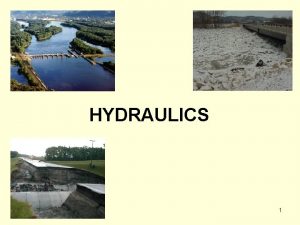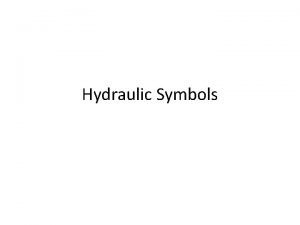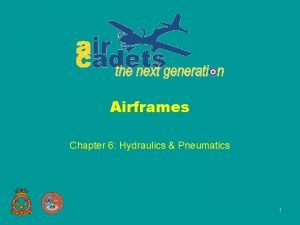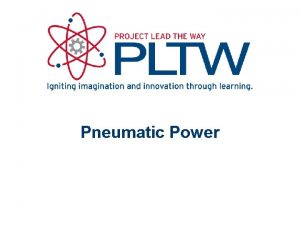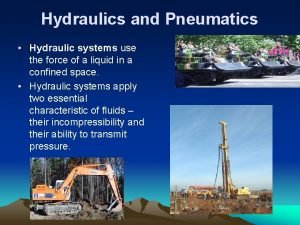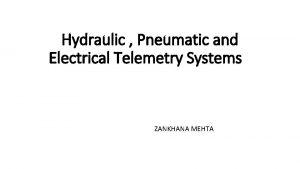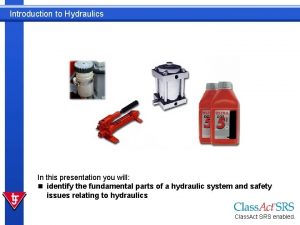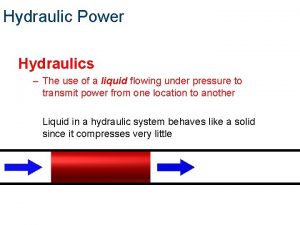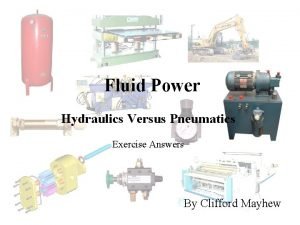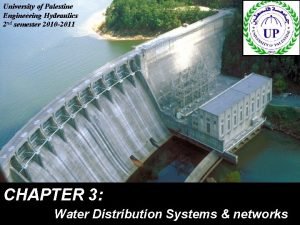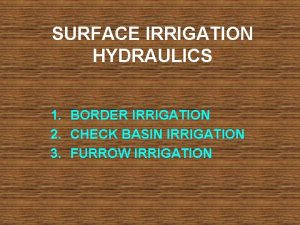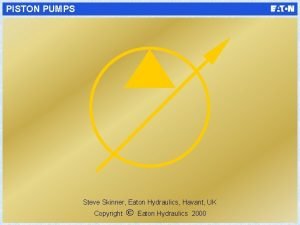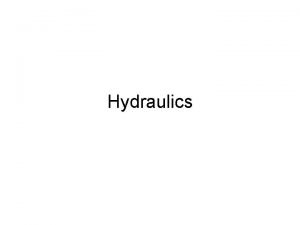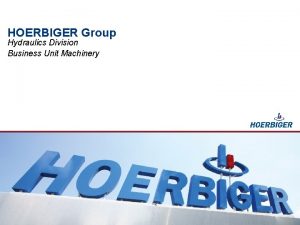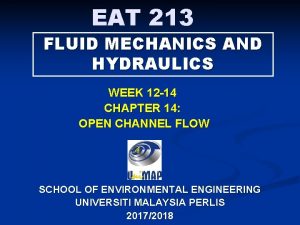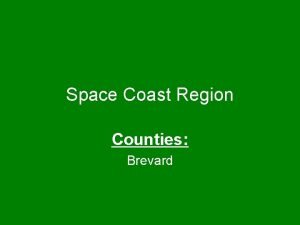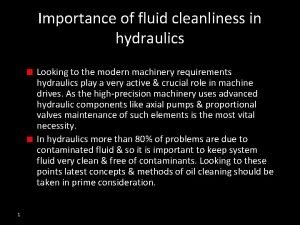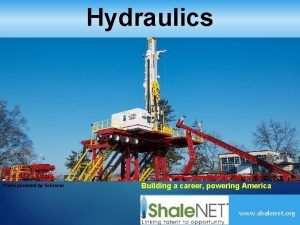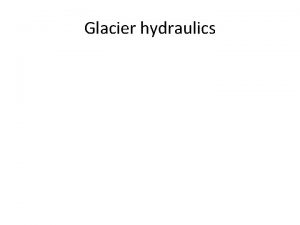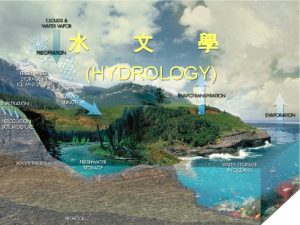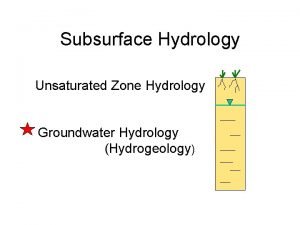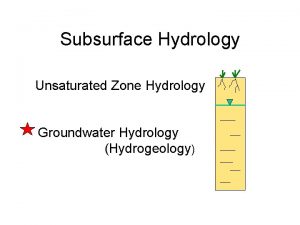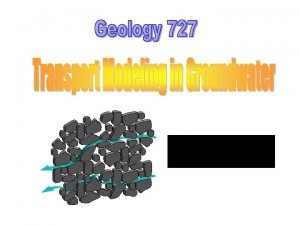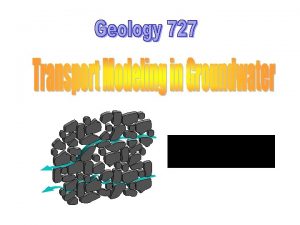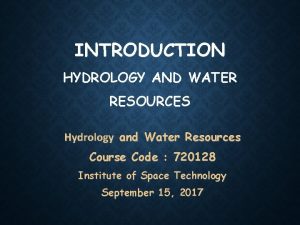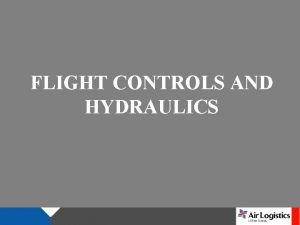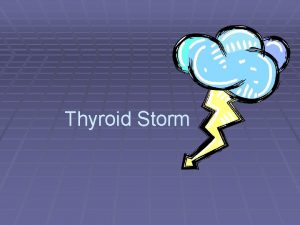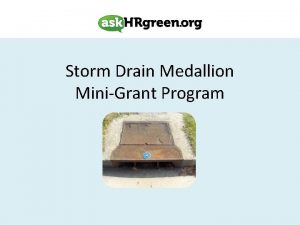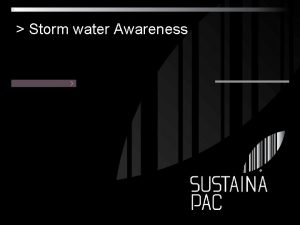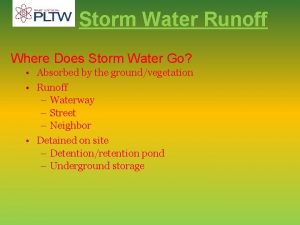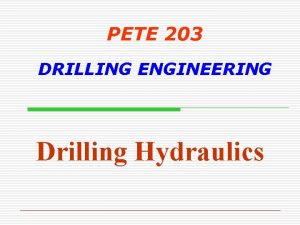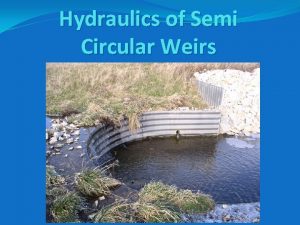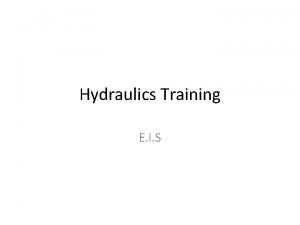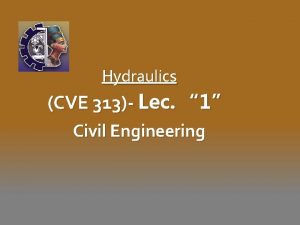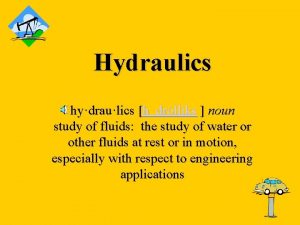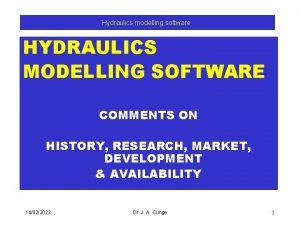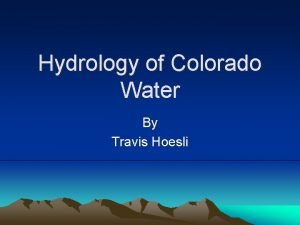Construction Storm Water Controls CET3320 Hydrology Hydraulics EPA




























- Slides: 28

Construction Storm Water Controls CET-3320 Hydrology & Hydraulics

EPA Phase 2 Clean Water Act Regulations Require: • Construction Sites 1 Acre or Larger • Must not be Allowed to Erode Freely • Measures Must be Taken to Prevent Erosion & Sediment from Leaving Construction Sites.

Erosion: Removal & Loss of soil by the Action of Water (and ice, gravity, & wind) Sedimentation: Settling Out of Soil Particles Which are Transported by Water.

Types of Erosion

What Must Be Done? The Owner must: • Submit a Notice of Intent (NOI) for Construction Activities • Have Erosion & Sediment Control (E&SC) Plans Developed. • Must Have a Written Storm Water Pollution Prevention Plan (SWPPP) • Must Ensure that the Controls are Put in Place and Maintained.

What Goes in the SWPPP? • Site Information - Type of Improvements - Construction Activity Descriptions - Existing Site Conditions - Disturbed Area & Weighted C’s • Description of all Construction E & SC Methods • Description of Permanent E & SC Methods • Description of E & SC Maintenance

How to Prevent Erosion • Best Way is Using Vegetation on the Ground

Construction Planning & Controls - Goals Disturb as Little as Possible Cover (with vegetation) Anything Disturbed for Long Term. (Stabilization) Slow Water Down (Runoff Control) Catch Anything that does Erode Before it Gets Away. (Sediment Control)

Control Measure Selection Process 1. Identify Problem Area 2. Determine Required Strategy 3. Select Specific Control Measure

Soil Stabilization Measures - Seeding - Matting - Tree Preservation - Sodding -Mulching -Surface Roughening

Runoff Control Measures - Check Dams - Slope Drains - Temporary Dams - Water Bar

Check Dams - Small Rock Dam in Channel - Slows Velocity - Traps Sediment

Temporary Diversion - Directs Runoff from Above Steep Slopes - Direct Runoff to Sediment Ponds

Slope Drains - Pipe or Chute Placed on Slope to Convey Surface Runoff Down a Slope Without Causing Erosion

Sediment Control Measures - Sediment Basin Sediment Trap/Diversion Silt Fence/Filter Sock Storm Drain Inlet Protection

Sediment Basin • Temporary Settling Pond -Slow Release of Runoff -Allows Sediment to Settle out -Up to 100 Acres

Sediment Trap/Diversion Trap: Temporary Settling Pond With Simple Stabilizing Spillway. Diversion: Detour of Storm Sewer System to Provide an In-Line Sediment Basin.

Silt Fence/Filter Sock - Fences/Socks Catch Sediment of Shallow Flow that can’t be Trapped by Other Means.

Storm Drain Inlet Protection - Prevents Sediment From Entering Storm Sewer System

Some Agencies Have Established Minimum Standards

Maintenance • Measures must be Inspected – Every 7 days – Within 24 hours of a 0. 5” rainfall • Measures must be cleaned out at specific levels and repaired if damaged.

Watershed Management • Local agencies are also charged with the management of watersheds within their districts. • The use of permanent pollutions prevention controls are now being designed into new sites and retrofit into existing ones. • These Best Management Practices (BMP’s) are required prior to plan approval. • Usually required to hold a “First Flush” of polluted storm water for “treatment”.

BMP- Permanent Ponds • Several stages allow water time to slow and pollutants to settle out.

BMP – Open Channels • Detains first flush allowing settling and groundwater recharge.

BMP- Filter System • Allows for direct groundwater recharge and filtering of sediments and pollutants.

BMP – Infiltration Trench • Trenches allow recharge of groundwater and use the ground and media to filter sediment and pollutants.

BMP – Commercially Available Solutions Manufactured units are available to filter runoff before it leaves the site! • Filters • Baffles • Separation Units

Erosion & Sediment Control Protects the Environment • Keeps Valuable Topsoil in Place • Keeps Natural Watercourses Free Flowing and Clean • Keeps pollutants from destroying ecologies and habitats in watersheds.
 Design storm in hydrology
Design storm in hydrology Water and water and water water
Water and water and water water General controls vs application controls
General controls vs application controls He who controls the past controls the future
He who controls the past controls the future Meteorology hydrology and water management
Meteorology hydrology and water management Dwf and wwf
Dwf and wwf Storm water distribution design
Storm water distribution design Hydraulic versus pneumatic
Hydraulic versus pneumatic Jssi
Jssi Indot design memo
Indot design memo Hydraulics definition
Hydraulics definition Hydraulics definition
Hydraulics definition Unidirectional motor symbol
Unidirectional motor symbol Hydraulics advantages
Hydraulics advantages Hydraulics & pneumatics
Hydraulics & pneumatics Hydraulic and pneumatics
Hydraulic and pneumatics Mehta hydraulics
Mehta hydraulics Hydraulic presentation
Hydraulic presentation Hydraulics
Hydraulics Hydraulics and pneumatics quiz
Hydraulics and pneumatics quiz Palestine hydraulics
Palestine hydraulics Check basin irrigation
Check basin irrigation Eaton hydraulics uk
Eaton hydraulics uk Hydraulics
Hydraulics Hoerbiger hydraulic
Hoerbiger hydraulic Hydraulics
Hydraulics Space coast hydraulics
Space coast hydraulics Cleanliness in hydraulics
Cleanliness in hydraulics Professional hydraulics
Professional hydraulics
